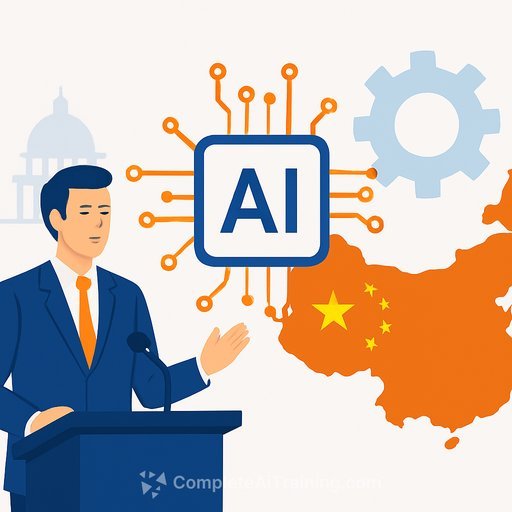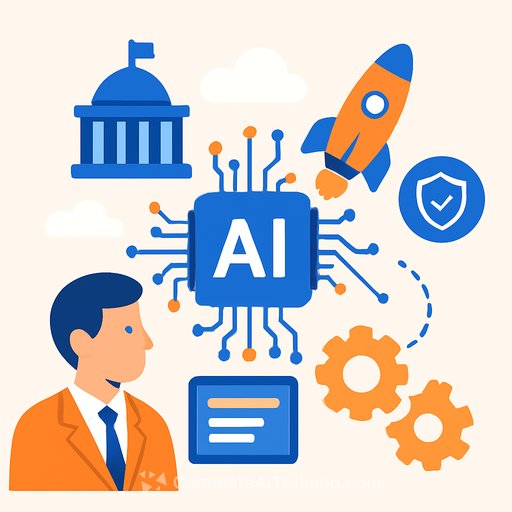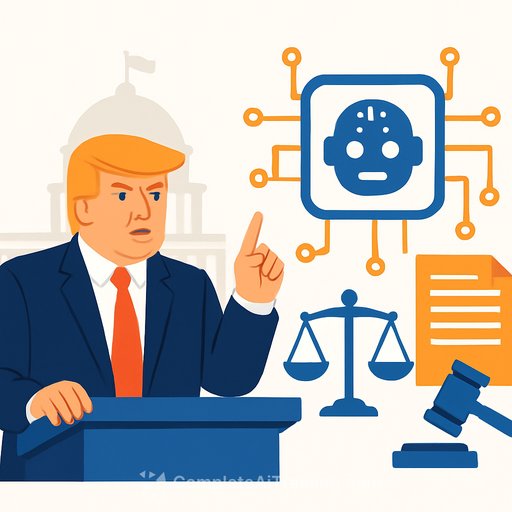New Zealand Unveils Its First National AI Strategy
New Zealand’s government has released its inaugural national artificial intelligence strategy to accelerate AI adoption across the economy. Shane Reti, Minister of Science, Innovation and Technology, emphasized that the strategy—developed with AI assistance—focuses on building public trust, attracting local investment, and drawing in international expertise.
Aligned with the broader economic plan, ‘Going for Growth’, the strategy acknowledges the transformative potential of AI and commits to creating conditions that enable New Zealand businesses to adopt AI confidently.
New Zealand’s Position Among OECD Countries
As the last OECD member country to publish a national AI strategy, New Zealand is stepping up its efforts. Reti highlighted the urgency, stating, “The time has come for New Zealand to get moving on AI.” He reiterated the government’s strong support for private sector investment in AI.
Research led by Microsoft estimates that adopting generative AI alone could contribute NZ$76 billion (US$45 billion) to New Zealand’s economy by 2038—over 15% of GDP.
While 67% of larger New Zealand businesses use some form of AI—a significant rise from 48% in 2023—adoption among small- and medium-sized enterprises (SMEs) remains limited. A report by Spark New Zealand found that 68% of SMEs have no plans to evaluate or invest in AI technology.
The strategy aims to raise awareness of AI’s benefits and promote its adoption across all business sizes.
Addressing Barriers to AI Adoption
The strategy identifies several barriers based on research and stakeholder feedback:
- Regulatory uncertainties
- Complexity related to technical, ethical, and risk concerns
- Poor understanding of AI’s value
- Lack of AI-related skills
To tackle these, the government plans a coordinated approach with four key actions:
- Regulatory clarity: A light-touch, principles-based approach to AI policy will be maintained, updating frameworks as needed to balance innovation and risk management.
- Guidance on ethics and technical aspects: A companion document, Responsible AI Guidance for Businesses, has been published to assist businesses in integrating AI responsibly.
- Improving awareness and trust: Many businesses hesitate due to unclear ROI and negative media portrayals focusing on risks rather than benefits. The strategy seeks to improve understanding and encourage experimentation.
- Building skills: Addressing the shortage of AI expertise is a priority (see next section).
Notably, a 2024 survey found that while 97% of workers had heard of AI, only 34% could clearly explain what it is. The strategy’s awareness efforts aim to change this.
Building a Future-Ready Workforce
With a population of 5.2 million, New Zealand faces stiff competition for AI talent internationally. To address this, universities will expand software engineering programs and introduce specialized training in machine learning and AI applications.
Both government and businesses are expected to invest in AI literacy. Public sector initiatives, led by Government Chief Digital Officer Paul James, include AI masterclasses for leaders and foundational courses for public servants.
In February, the government introduced an AI framework for the public sector, laying out a roadmap for safe AI deployment across government departments. This framework aims to improve customer experience and boost efficiency.
International Collaboration and Ethical Standards
New Zealand plans to engage in international AI efforts through a multistakeholder approach, promoting innovative and trustworthy AI aligned with international law, human rights, and democratic values.
For government professionals looking to expand their AI knowledge and skills, exploring dedicated AI training can be valuable. Resources like Complete AI Training’s latest courses offer practical learning tailored for various job roles.
Your membership also unlocks:






